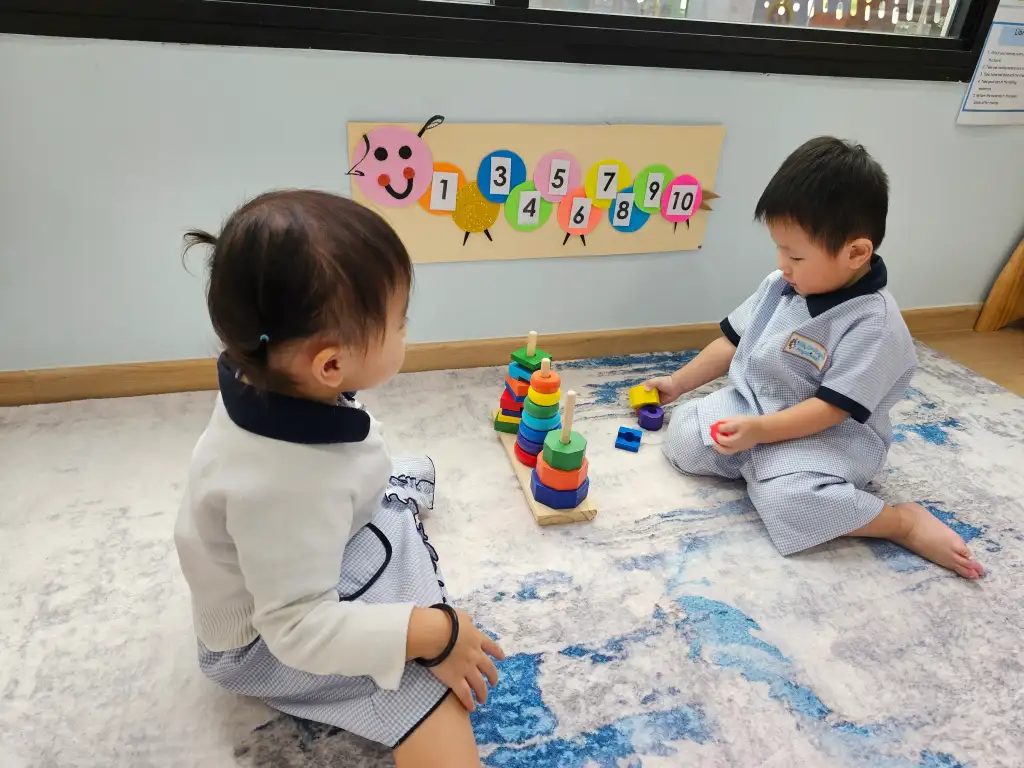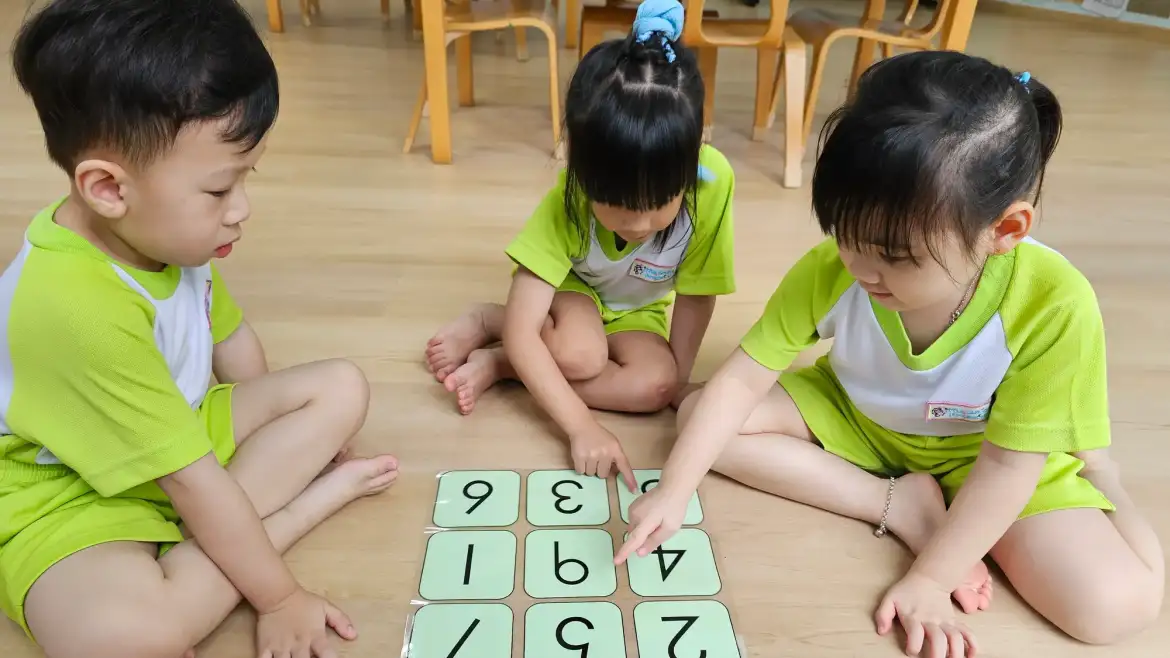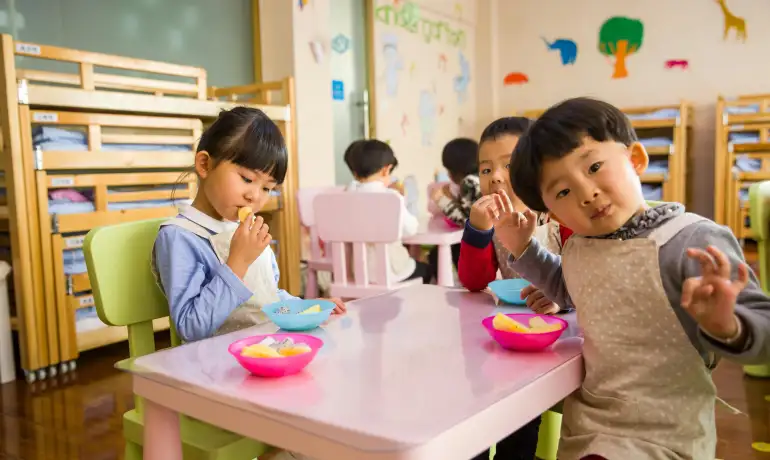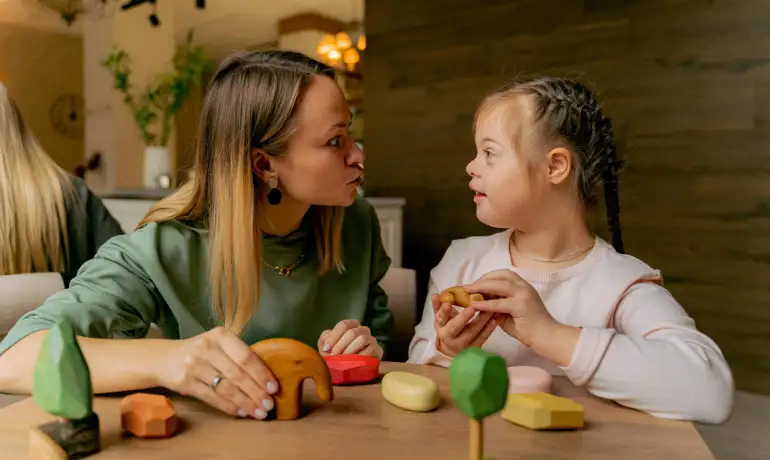Choosing the right Singapore preschool is one of the most important decisions you’ll make during your child’s early years. While most parents focus on obvious factors like distance, curriculum, and fees, there are lesser-known but equally important considerations that can affect your child’s long-term development and happiness.
To help you make a well-informed choice, we’ve listed 8 often-overlooked factors every parent should consider when selecting a Singapore preschool.
1. Public vs Private: What’s the Right Fit for Your Child?
One key decision is whether to go for a public MOE Kindergarten or a private preschool. Each has its strengths.
MOE Kindergartens:
- Follow the national Nurturing Early Learners (NEL) framework
- Offer bilingual programs in English and Mother Tongue languages
- More affordable (starting at around $160/month)
Private Preschools:
- Offer a range of international curricula (Montessori, Reggio Emilia, inquiry-based)
- May include enrichment classes like speech & drama, music, or coding
- Cost varies widely—often between $700 and $2,000/month
Before committing, read our guide on Kindergarten Singapore to explore the differences further.

2. Continuity of Care: Infant and Toddler Programs
Not all preschools cater to children below 18 months, but several offer infant care and toddler classes, making it easier for working parents to plan ahead. If you’re starting early, find out whether the preschool provides:
- Infant care from 2 months old
- A toddler program that transitions smoothly into nursery
This continuity provides emotional security and consistent developmental monitoring.
3. Consider Cultural and Language Fit for Local Families
Many guides cater to expats, but if you’re a local family, your needs may differ. You might prioritize:
- Strong bilingual education in English and Mandarin
- Exposure to local culture, festivals, and traditions
- Preparation for local primary schools
Preschools aligned with local values can offer a more seamless transition into Singapore’s education system. For recommended options, check our curated list of Preschool Singapore.
4. Inclusion and Special Needs Support
If your child has learning difficulties or developmental delays, it’s important to choose a Singapore preschool that is inclusive and equipped to support different learning needs. Ask about:
- Availability of early intervention programs
- On-site or partner therapists (speech, OT, behavioural)
- Training provided to teachers for inclusive education
Even if your child does not require additional support now, knowing the school has such resources is a reassuring sign of quality.
5. What Do Real Parents Say? (It Matters)
Instead of relying solely on brochures and marketing, talk to other parents. Their insights are often more accurate:
- How responsive is the school in emergencies?
- Are children happy and thriving?
- Are the teachers caring and consistent?
Parent forums, Google reviews, and social media groups are great platforms to read about real experiences at various Singapore preschools.
You can also check parent-recommended schools in resources like HoneyKids Asia’s preschool guide, which features insights and comparisons based on real family feedback.
6. Don’t Ignore Soft Skills and Emotional Development
Academic skills matter, but so do emotional and social skills. Choose a preschool that prioritizes:
- Social-emotional learning (SEL)
- Conflict resolution, empathy, and kindness
- Outdoor play and group-based activities
Schools that nurture emotional intelligence build resilience and readiness for primary school. These skills are foundational to long-term success.
7. Plan the Enrollment Process Early
Enrollment in a Singapore preschool isn’t instant. Some schools have long waitlists and specific intake dates.
Start planning at least 6–12 months ahead. Be ready with:
- Application forms
- Immunization records
- Birth certificate and parent IDs
- Trial class or school visit bookings
Clarify:
- Application and registration fees
- Refund or withdrawal policies
- Whether slots are guaranteed upon deposit
Planning early can make the whole process smoother and stress-free.
8. Match the Teaching Style to Your Child’s Personality
No two children learn alike. Some enjoy structure, while others need creative freedom. Match your child’s traits with the school’s teaching style:
- Curious explorers may enjoy Reggio Emilia
- Independent learners may do well with Montessori
- Children who thrive on routine may prefer academic-focused programs
Observe how your child behaves at home. During school tours, check whether the environment supports your child’s temperament.
Conclusion: Choose What Fits, Not What’s Popular
There’s no one-size-fits-all solution when it comes to Singapore preschool selection. What works for one child may not work for another. Instead of just following rankings, trends, or peer pressure, take time to reflect on what your child really needs.
Explore a variety of preschools, ask plenty of questions, and always trust your instincts.
Want to take the next step?
Visit littleunicornpreschool.com to explore our philosophy, or contact us directly to book a school tour and consultation.

Frequently Asked Questions (FAQ)
1. When should I apply to a Singapore preschool?
Ideally, 6–12 months before your child’s intended start date to secure availability and complete required paperwork.
2. What age do children start preschool in Singapore?
Most children start Nursery 1 at age 3, but some schools offer infant care from as early as 2 months.
3. Do all preschools offer bilingual education?
Many Singapore preschools offer bilingual programs in English and Mandarin, especially those preparing children for local primary schools.
4. Are there trial classes or open houses?
Yes, most preschools offer open house events and sometimes trial classes for your child to explore the environment.
5. Can I switch preschool mid-year?
Yes, but check the school’s withdrawal policies. It’s recommended to plan transitions carefully to minimize disruption for the child.



